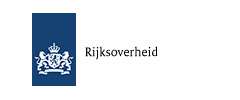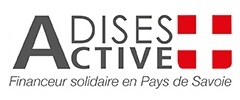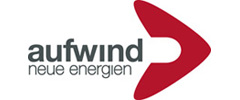POPs update!
UN Stockholm convention on persistent organic pollutants (POPs) gathered in Geneva. Few countries have submitted national implementation plans, yet
15.05.2006 |Sascha Gabizon
Meeting debates UN Pops treaty implementation
ENDS Europe DAILY 2094, 10/05/06
Parties to the UN Stockholm convention on persistent organic pollutants (Pops) gathered in Geneva last week for their second full meeting since the treaty entered force in 2004 (EED 29/04/05). The conference was dominated by debate on how countries can begin implementing the convention.
Governments are required to submit a national implementation plan within two years of joining the convention. Few have done so yet. In Geneva, parties called for additional guidance on implementation, including impact and cost assessments.
Participants agreed an interim reporting system on the use and continued need for DDT for disease vector control and to consider procedures and mechanisms for non-compliance next year. Other adopted measures included UN best available technology guidelines to prevent the release of Pops.
However, they failed to reach an agreement on a number of issues, including the adoption of guidance on dioxin and furan release inventories. According to independent reporting body Earth negotiations bulletin, some participants advocated the development of similar guidance for polychlorinated biphenyls (PCBs) and hexachlorobenzene (HCB).
The conference also failed to back a proposal to strengthen cooperation between the treaty and the Rotterdam and Basel conventions on trade in dangerous chemicals and trans-border movement of hazardous waste. A working group was created to explore the issue further.
Twelve substances are currently banned under the Stockholm convention and more are to be added to this list in the coming years. The first round of five proposed new chemicals (EED 15/11/05) is currently undergoing a technical review and will be ready for a final decision in two or three years, according to UNEP.
Follow-up: Stockholm convention, plus conference details and press release. See also Earth negotiations bulletin coverage.
Article Index: chemicals, trade
Writing on wall for Dutch over pesticides law
ENDS Europe DAILY 2094, 10/05/06
The Netherlands was wrong to have exempted a series of pesticides from national rules introduced to transpose the EU's plant protection products directive, an advisor to the European court of justice (ECJ) has declared.
"Member states may not change their legislation in a retrograde way," an opinion from advocate general Eleanor Sharpston says. The court will now rule on the matter. It was asked to intervene by a Dutch court that is hearing a dispute between a local environment group and the country's agriculture ministry.
The NGO challenged a Dutch government move in 2002 to introduce broad exemptions to national pesticide bans adopted ahead of EU decisions on the pesticides. Farmers and manufacturers complained the strict rules put them at a disadvantage to competitors in other member states.
The ECJ ruled in a related case last year that the Netherlands had not contravened the directive because the changes were made during a transitional period giving governments freedom to amend their laws (EED 14/11/05). But Ms Sharpston now says the court should qualify this by disallowing changes if the new measures "are further from, rather than closer to, what the directive ultimately requires".
Joost Rutteman of the group, Zuid-Hollandse Milieufederatie, welcomed the opinion. "This conclusion is much clearer about what would constitute an endangering of the aims of the directive," he told ENDS.

































